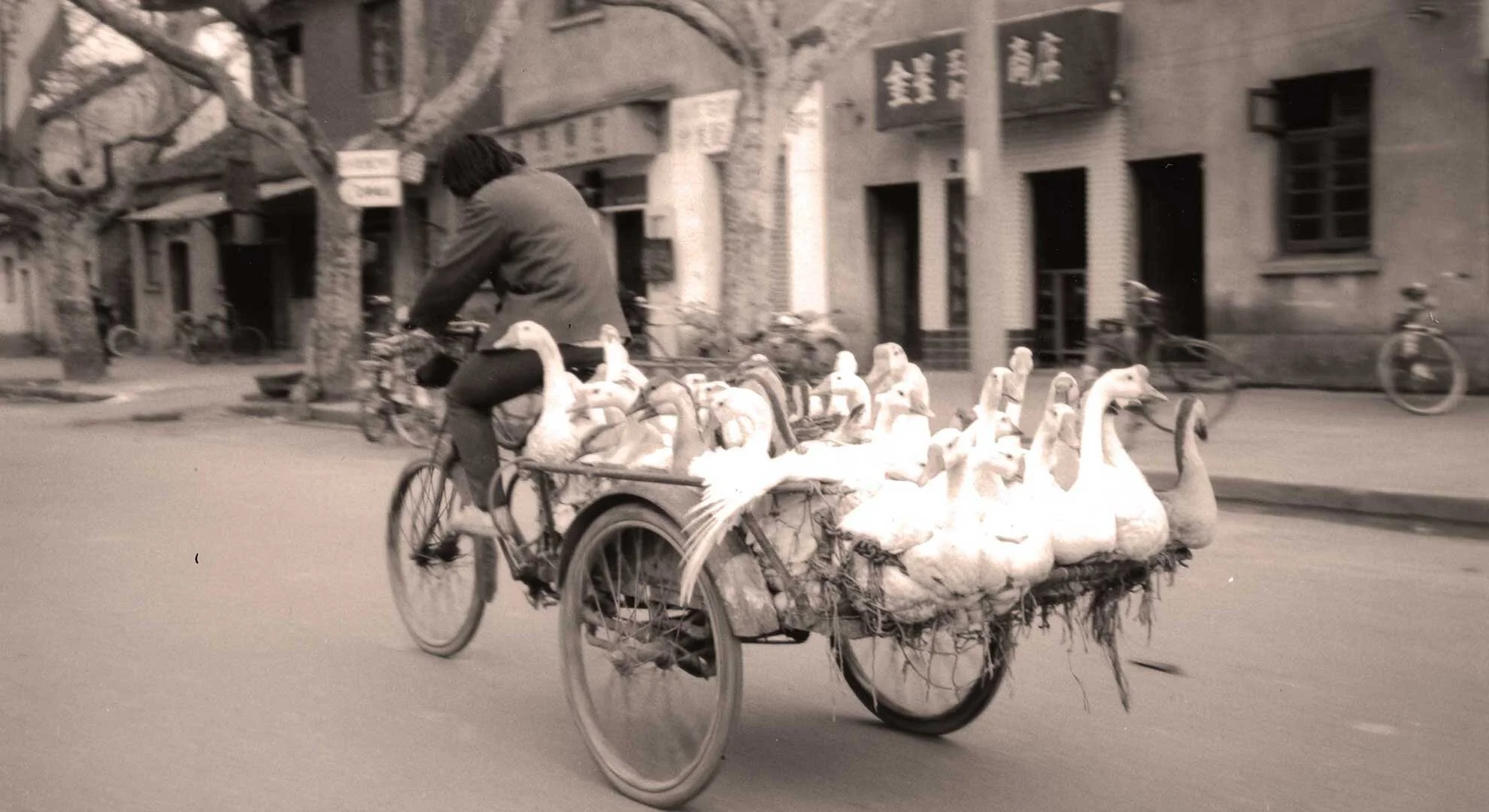I would like to announce Spices of Life, my new publication written by me, Nina Simonds. It is a newsletter that you can subscribe to. In it, you will receive access to a sumptous selection of inspiring stories and recipes from a lifetime of travel in Asia and Europe.
Sign up now so you don’t miss an issue!
Please add my Substack email, ninasimonds@substack.com to your contacts to avoid the newsletter going into spam.
If you subscribe to my bi-monthly newsletter “Spices of Life”:
You can read about my never-before detailed adventures while traveling in Asia, Europe, and the U.S.
Get new recipes, videos, and health-giving tips on numerous therapeutic foods, herbs, and spices.
If you looked at me, you would never know that I was Chinese in another life. Yet it’s true. How do I know? It’s simple. At the tender age of nineteen, despite the shocked and outraged reaction from my parents at my decision to drop out of the University of Wisconsin after a year, I followed it up by buying a one-way ticket to Taipei, Taiwan to study the Mandarin language, and Chinese cuisine, and culture. Since they wanted nothing to do with my “ridiculous” scheme, it took about a year and a half of hard work to earn enough money.
“I know it might seem unlikely for a JAP ( as in Jewish American princess) who grew up in a small, waspy town in New England to fly alone to the other side of the world, but that’s exactly what I did. Armed with an informal introduction to a woman who fatefully turned out to be a famous Chinese cook with the best cooking school in the city, I threw caution to the winds, and boarded a twenty-two hour flight to Taipei, Taiwan, the exotic place that would become my second home.”
I had been given the name of “Huang Su Huei” by a former fellow classmate from college who had lived in Taipei when her mother had worked at the World Bank and without hesitation, I had written her a letter. It took a few months as I recall, but “Su” as I came to call her, not only responded, she also invited me to live with her and family in exchange for teaching her English and helping her translate her first cookbook from Chinese to English. During the next three and a half years, she not only became my best friend/surrogate Chinese mother, but, we co-wrote and translated two more cookbooks. During that time, I also mastered Mandarin, but I picked it up pretty quickly because I had to. And remarkably, I fit right in.
Despite some serious bouts with loneliness and numerous challenges, I generally woke up every morning excited and curious at what the day would bring. Vibrant, intoxicating, crowded and smelly- Taipei fascinated me, from the fabulous open-air markets, crowded, small eating places and tantalizing street food. It all intrigued me and my personal guide was my surrogate Chinese mother, who was an expert. Fate couldn’t have dealt me a better hand.
For the first two years, I studied Mandarin, one-on-one at the Taiwan Normal University. My teachers had all immigrated from Beijing and since I was a natural mimic, my accent was pretty flawless. In the afternoon, between the hours of two and four, I attended classes at Su’s cooking school where a cadre of extraordinarily talented chefs taught their regional specialties to mainly Chinese young men and some women who not only wanted to learn how to cook, but had ambitions to open Chinese restaurants when they immigrated to the U.S., Australia, and other parts of the world, which they were doing at that time.
As the only Caucasian in the classes, I stood out like a sore thumb, but since my mentor was the founder of the cooking school and I had acquired the role of unofficial English translator, I could come and go as I pleased. And I made a decent amount of money at some great gigs such as being a barista at one of the first Japanese coffee houses, modeling, and teaching English.
After being bored by my conventional upbringing, I made one of the most important and critical decisions of my life. It was pretty radical, but more than fifty years later, I am still awed by how right my going to Taipei was for me. My schooling in Asia gave me the opportunity to not only become a chef, caterer, investigative journalist, cooking teacher, or nutritionist, and also gave me the perfect springboard to learn about so many fascinating, traditional Chinese customs, rituals, and as well as its history.




